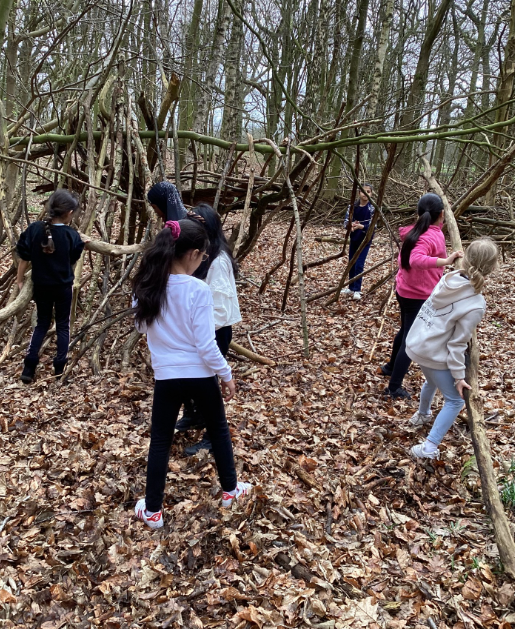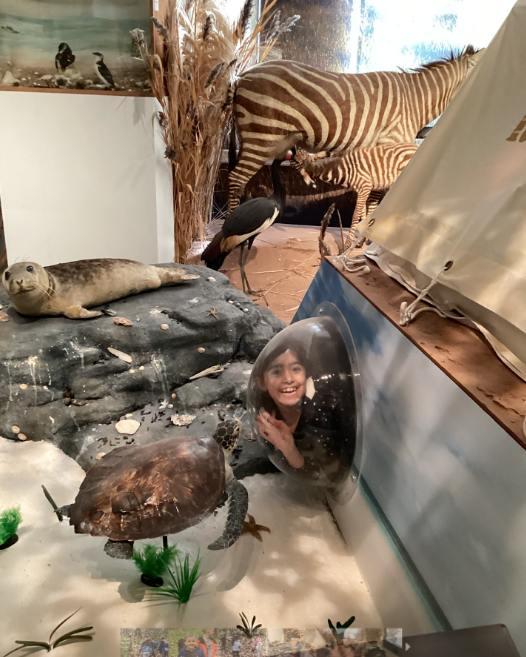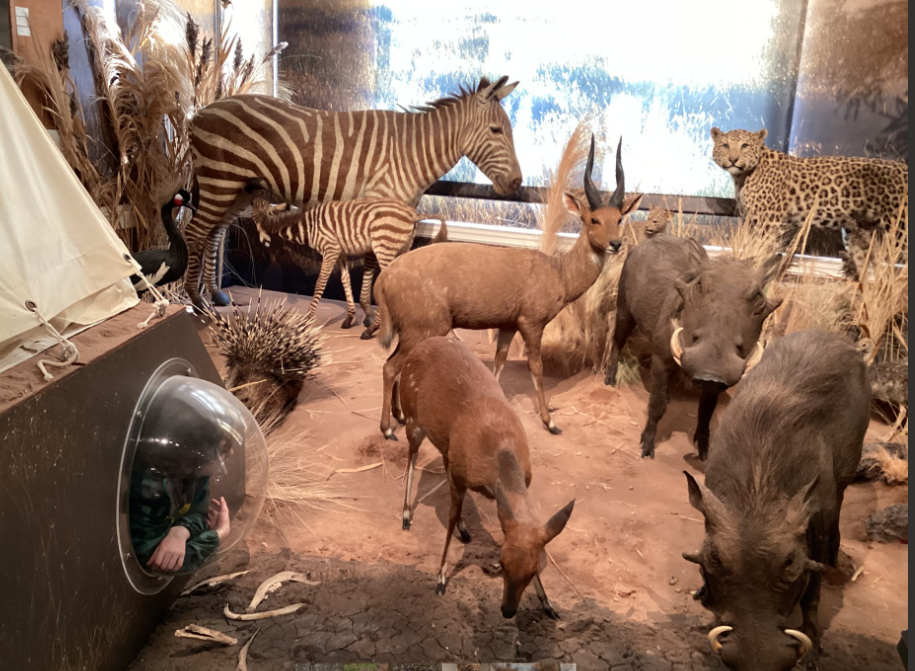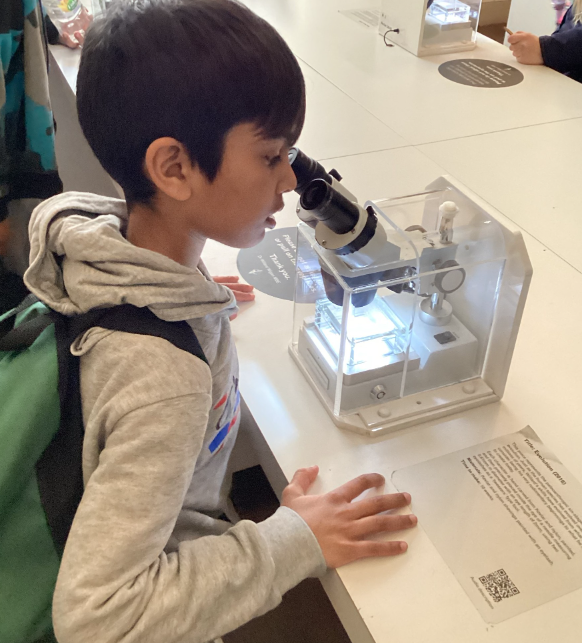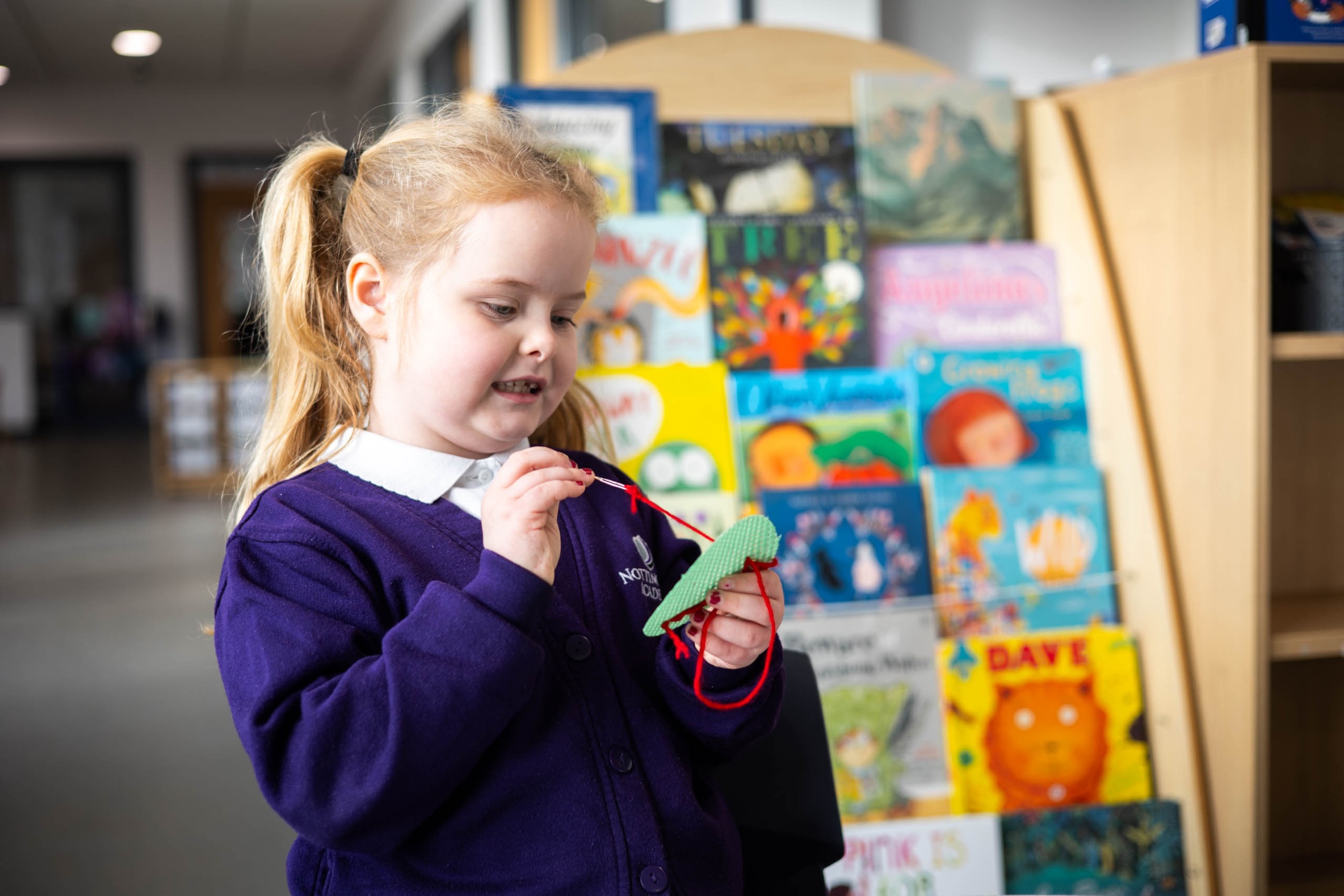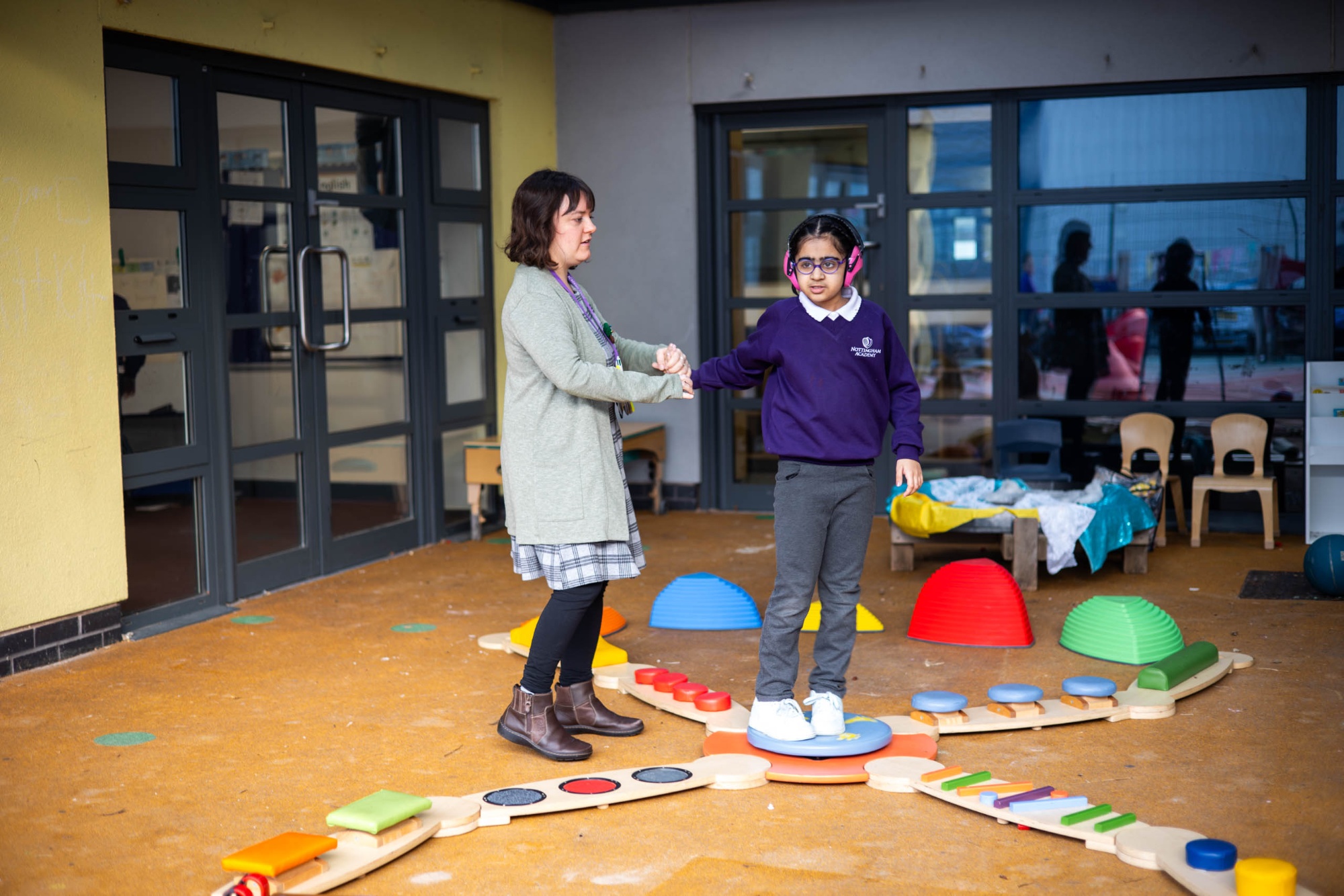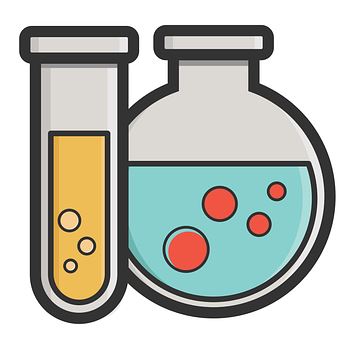Science
Intent:
At Nottingham Academy Primary our intent is to ensure that all children are taught age-appropriate science subject knowledge as laid out by the National Curriculum. It is our intent to encourage children to be inquisitive about the world. Nurturing their innate curiosity and enabling them to develop a range of scientific skills that are useful across the whole curriculum. Child-led investigations will be encouraged to enable children are given opportunities to draw their own conclusions and develop their critical thinking skills through analysing data and discussing their findings with others. Alongside this, they will be taught relevant scientific vocabulary.
Implementation:
- Science is taught according to our carefully sequenced whole school overview.
- Through our planning, we involve opportunities for children to work scientifically, which allows children to find out for themselves. Children are encouraged to ask their own questions and be given opportunities to use their scientific skills and research to discover the answers. This curiosity is celebrated within the classroom.
- Planning involves teachers creating engaging lessons, often involving high-quality resources to aid understanding of conceptual knowledge.
- Teachers use precise questioning in class to test conceptual knowledge and skills, and assess children regularly to identify those children with gaps in learning, so that all children keep up.
- Our detailed curriculum documentation allows teachers to build on the knowledge and skills that the children have acquired in previous units or year groups.
- Existing knowledge is checked at the beginning of each unit using our sticky knowledge quizzes. This ensures that teaching is informed by the children’s starting points and any gaps in prior learning can be addressed.
- As the children’s knowledge and understanding increases, and they become more proficient in selecting, using scientific equipment, collating and interpreting results, they become increasingly confident in their growing ability to come to conclusions based on real evidence.
- Working scientifically skills are embedded into lessons to ensure these skills are being developed throughout the children’s school journey and new vocabulary and challenging concepts are introduced through direct teaching. This is all mapped on within our detailed progression documents.
- Teachers find opportunities to develop children’s understanding by making links to the surrounding areas, particularly by accessing outdoor learning, in particular, the fabulous natural resource of Colwick Woods, which is right on our doorstep.
- Children are offered a wide range of extra-curricular activities, visits, trips and visitors to complement and broaden the curriculum. These are purposeful and link with the knowledge being taught in class.
- Regular events, such as Science Week or project days, such as Environment Day, allow all pupils to come off-timetable, to provide broader provision and the acquisition and application of knowledge and skills. These events often involve families and the wider community.
- At the end of each topic, key knowledge is demonstrated through a 'show it' piece of wok and the completion of s sticky knowledge quiz.
Teachers plan a sequence of learning following the structure below:


LINK IT! Using our school progression documents, teachers consider links to prior learning in order for children to build on what they already know. Teachers provide a short sticky knowledge quiz which supports highlighting gaps in relevant prior learning. Retrieval practice starts each science lesson so that children can revisit key knowledge.

LEARN IT! Teachers plan and deliver engaging and meaningful learning opportunities with explicit teacher modelling, opportunities for children to talk, ask questions and practice science enquiry skills, collaborate and think critically and creatively.

CHECK IT! Teachers plan for opportunities to review and check learning each lesson to ensure adaptations can be made to the next lesson. Teachers set clear learning objectives which are marked against each lesson so that children know if they have been successful.

SHOW IT! At the end of a unit of work, children will have produced a piece of work which showcases their learning.

KNOW IT! A short Sticky Knowledge quiz allows the children to demonstrate what they know and remember from their unit of work. These assessments are used to inform teacher judgements.
Substantive and disciplinary knowledge
Substantive knowledge is the factual content produced by the areas of biology, physics and chemistry e.g. naming the simple physical properties of everyday materials or that plants need water, light and a suitable temperature to grow and stay healthy. This is carefully mapped out and sequenced within our progression maps and Sticky Knowledge documents.
Disciplinary knowledge is the scientific methods e.g. using the skills of predicting, investigating, gathering data and hypothesising an idea. It is the opportunity to develop understanding of a substantive knowledge e.g. investigating if a plant will grow healthily in the dark will develop understanding of what a plant needs to be healthy. Children have opportunities to develop their disciplinary knowledge throughout all science topics.
Sticky Knowledge
For each Science unit of work, we have compiled 'Sticky Knowledge' sheets, which essentially show what we want our children to know and remember at the end of each topic. The key substantive knowledge identified will form the basis of our retrieval practice for each lesson, so that through regular opportunities to revisit knowledge, it will become embedded in the children's long term memory. Sticky Knowledge is progressive and allows for children to build on prior learning. Below are the links for the Sticky Knowledge identified for each year group in Science.

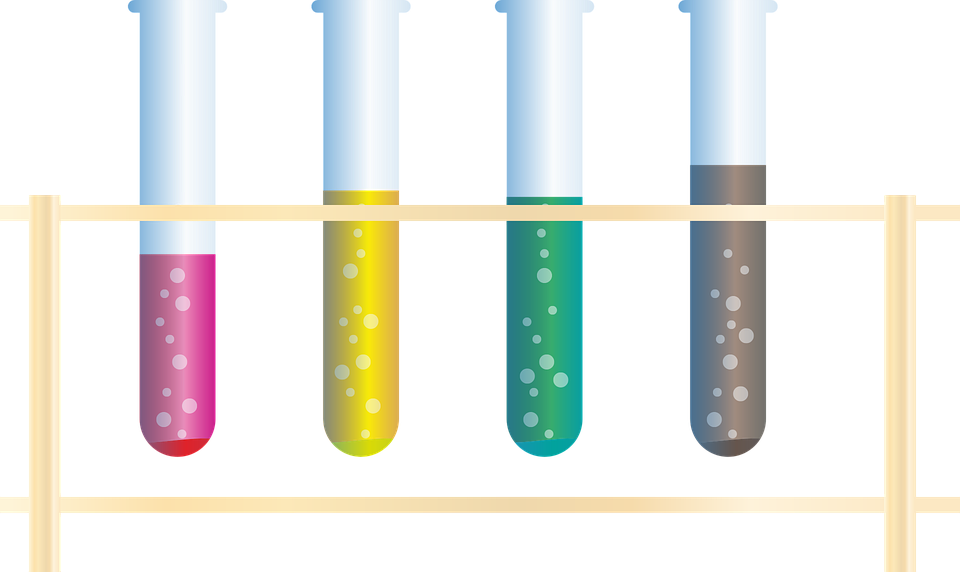
Impact:
The impact of Science at Nottingham Academy is that we ensure our children progress to secondary school with the enthusiasm to want to know more about the world and the skills to enable them to work scientifically at a deeper level. We provide children with the foundations and knowledge for understanding the world, aiming to ignite their interest in a range of science-based subjects, promoting STEM subjects so that children learn about the possibilities for future careers in science.
Our Sticky Knowledge quizzes show clear progress in the acquisition of substantive knowledge for each unit of work and are used to assess any gaps in knowledge which can be revisited or retaught.
Our 'show it' pieces of work allow children to demonstrate and showcase their knowledge from a unit of work. Our children take great pride in these pieces of work. Here are some examples from our Year 6 pupils that have created posters to show their knowledge of the circulatory system:
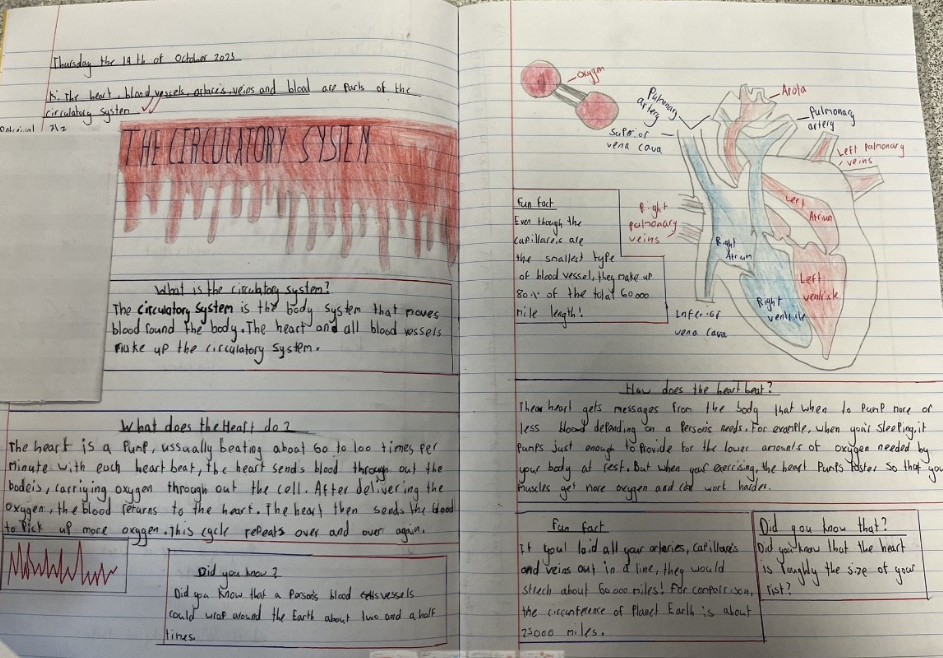
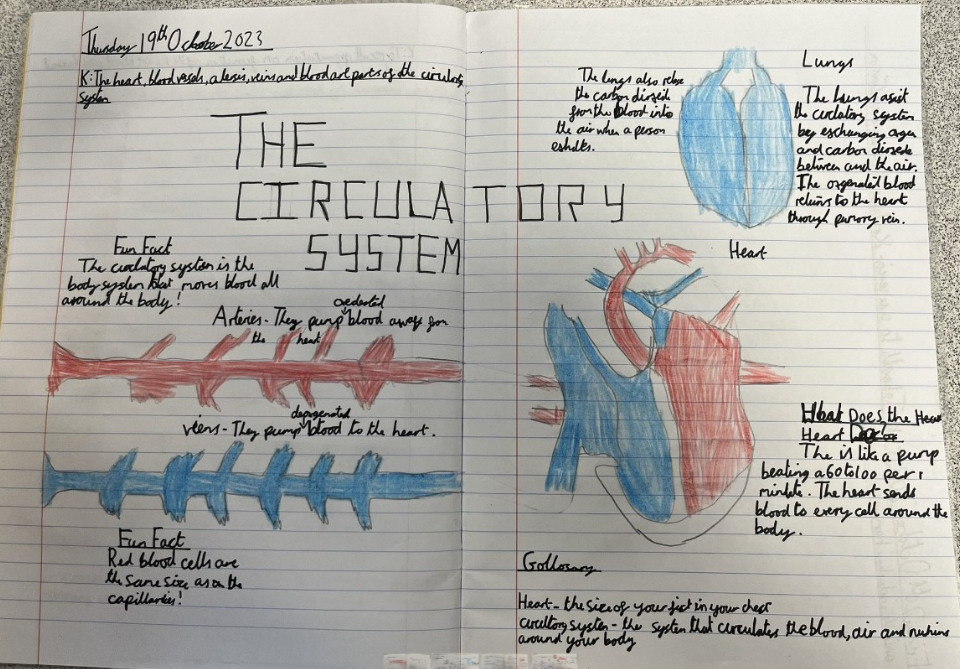
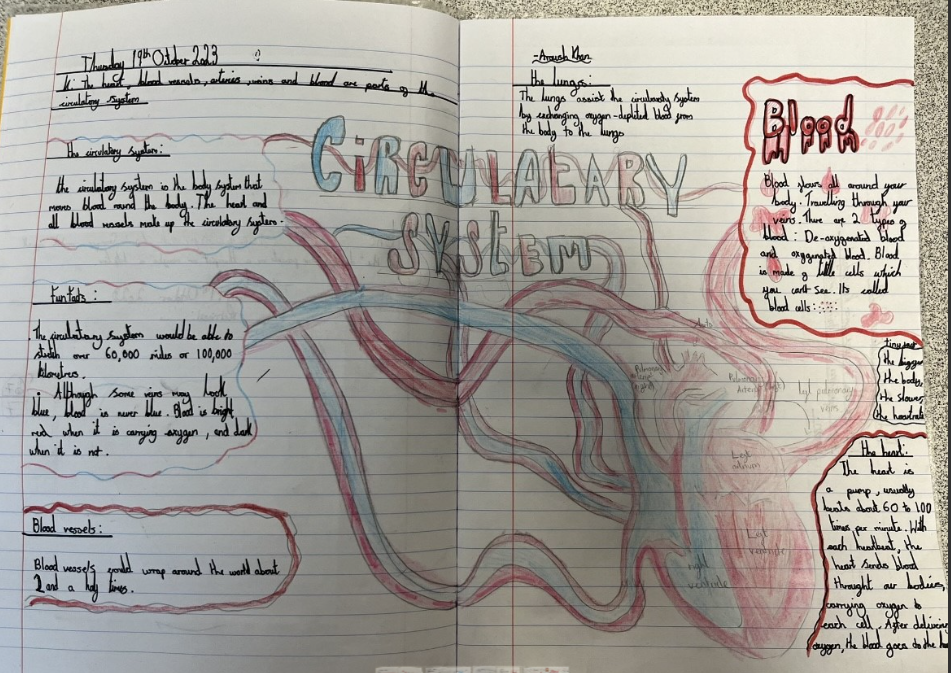
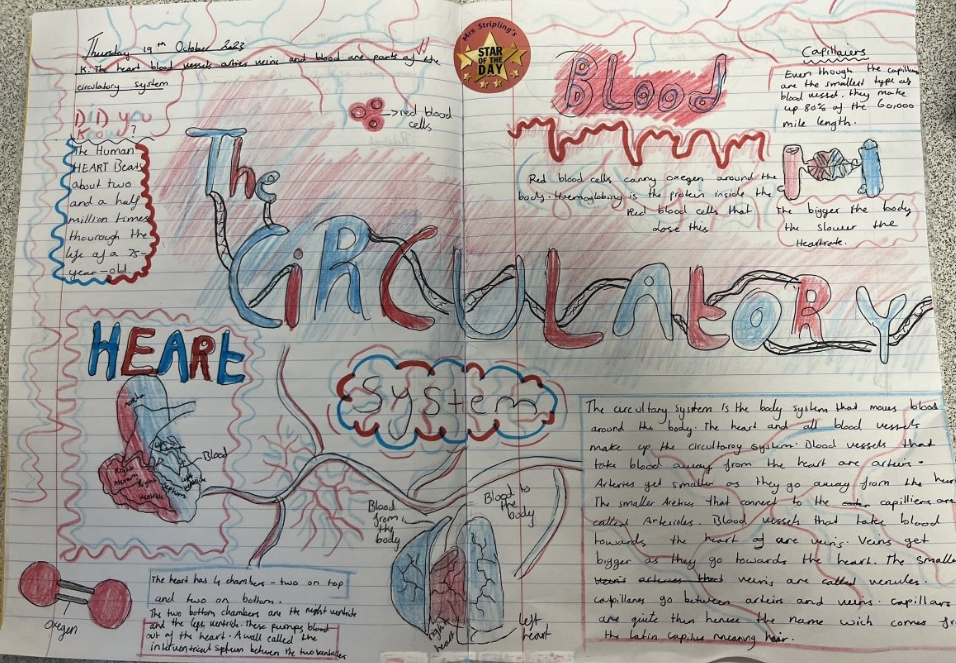
Our year 2 children enjoyed a visit from various animals to support their learning around living things and their habitats:
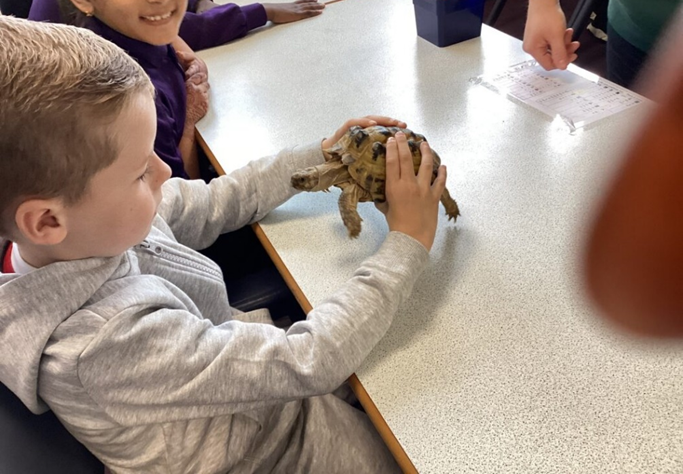
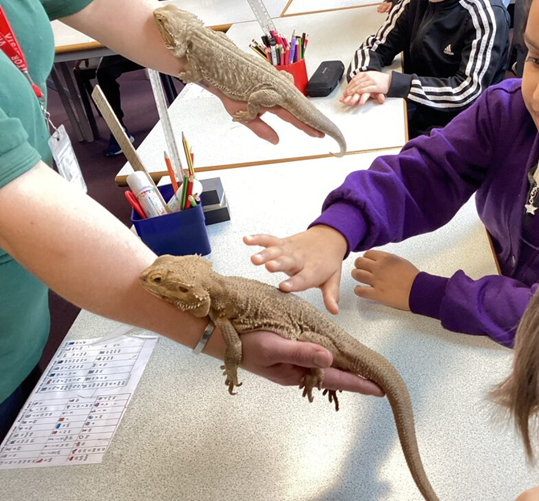
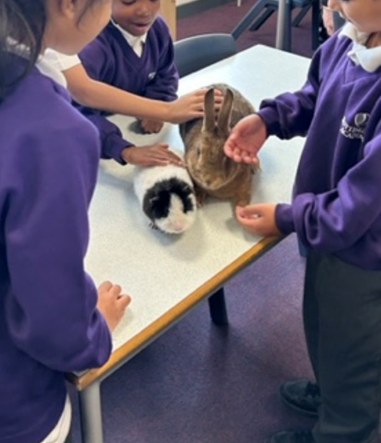
Year 4 enjoyed a day at Wollaton Hall to support their learning around 'Living things and their habitats'. They made habitats for different woodland animals and explained to their class how their habitat provided for their animal. They used classification keys and information from displays inside the museum to find out about their teacher's favourite birds. They explored the museum to study different animals in their habitats. They explored the 'Disappearing World' exhibition where Dr Willard had made different miniature sculptures that fitted inside the heads of needles and could only be seen through microscopes; and discussed the impact humans were having on animals and their habitats.
